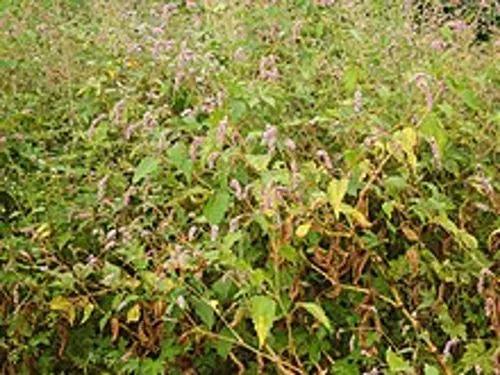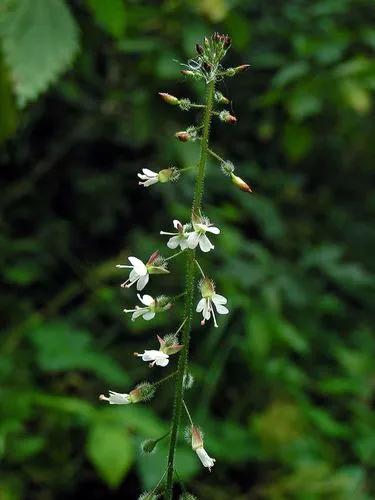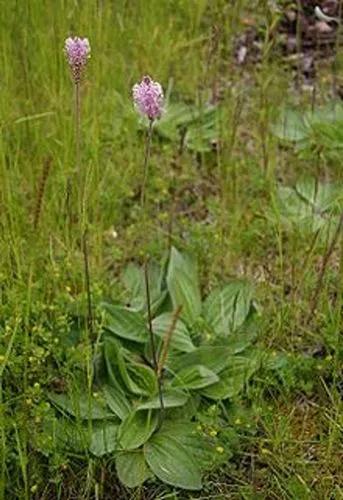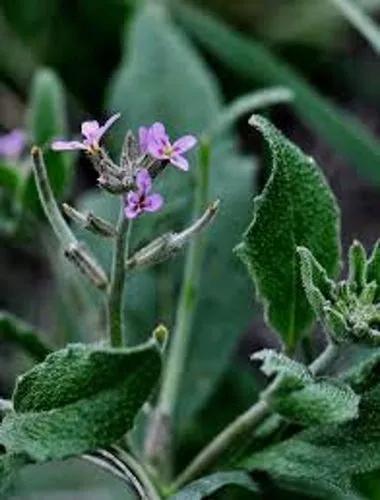Gardeners grow New Zealand flax (Phorium tenex) as a large and often colorful, spiky plant that makes an arresting focal point in the garden or in containers. It has sword-like leaves that shoot up from the base of the plant. New cultivars and hybrids are now available with leaves in bright shades of yellow, pink, red and bronze.These blade-leafed, evergreen perennials are often used as specimen plants. Some are small enough to use in containers, others can reach several feet in diameter and grow to over 7 feet tall. On mature plants, the flower stalks shoot up above the leaves and produce curving, tubular red or yellow blossoms that are very high in nectar and a hummingbird favorite. Seed pods form after the flowers bloom. The seed pods are attractive in their own right, but you should deadhead them if self-seeding is not desired.
New Zealand Flax Care
Phormium Tenax



How to Care for the Plant

Water

Flax requires 6 to 8 inches (15-20cm) of water over the growing season.

Pruning

It is important to never remove more than a third of the foliage in any one year and to cut just above a node on the stem.

Fertilizer

Use a fertilizer formulated specifically for your plant. Avoid over-fertilizing and follow the instruction on the label.

Sunlight

Less sun naturally means less growth.

Soil

The ideal blend of soil for plant growth is called loam. Often referred to as topsoil or black dirt by landscape companies, loam is a mixture of sand, clay, and silt.

Temperature

New Zealand flax is dependably hardy and evergreen in USDA zones 9 to 11, but gardeners in zones 7 and 8 may find that the plants return each spring after dying back if they are heavily mulched for the winter. More often, cold-weather gardeners grow them as potted plants that are moved to shelter for the winter.

Container

Plants that don't like a lot of moisture will need a drainage hole for moisture to escape and for airflow to circulate through the pot. Another important function of drainage holes is to allow water to flush the soil of excess salts from fertilizers.

Additional

The blades of the plant contain cucurbitacins, which are poisonous to some animals and some of them are among the bitterest tastes to humans.

Popularity

4,328 people already have this plant 531 people have added this plant to their wishlists
Discover more plants with the list below
Popular articles






